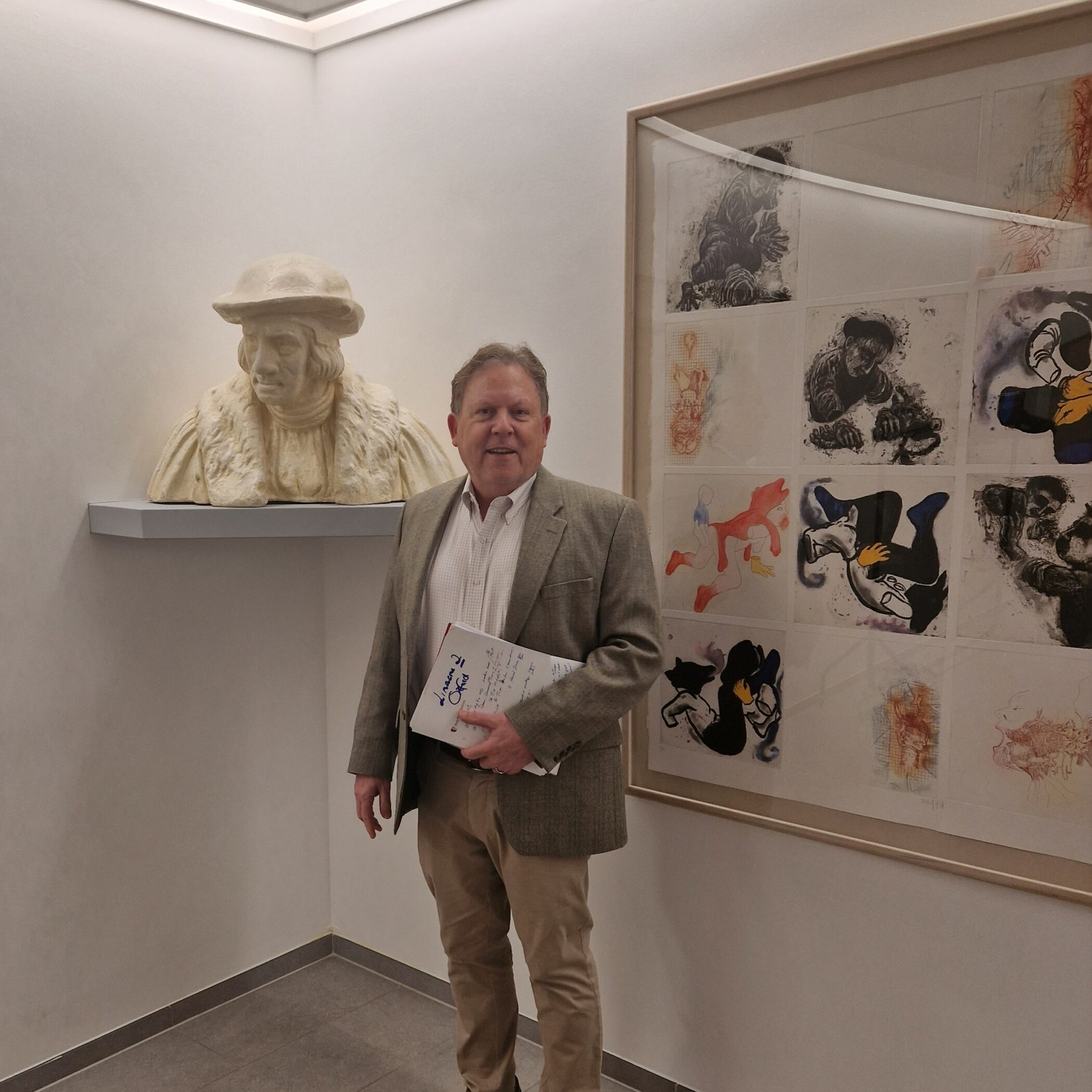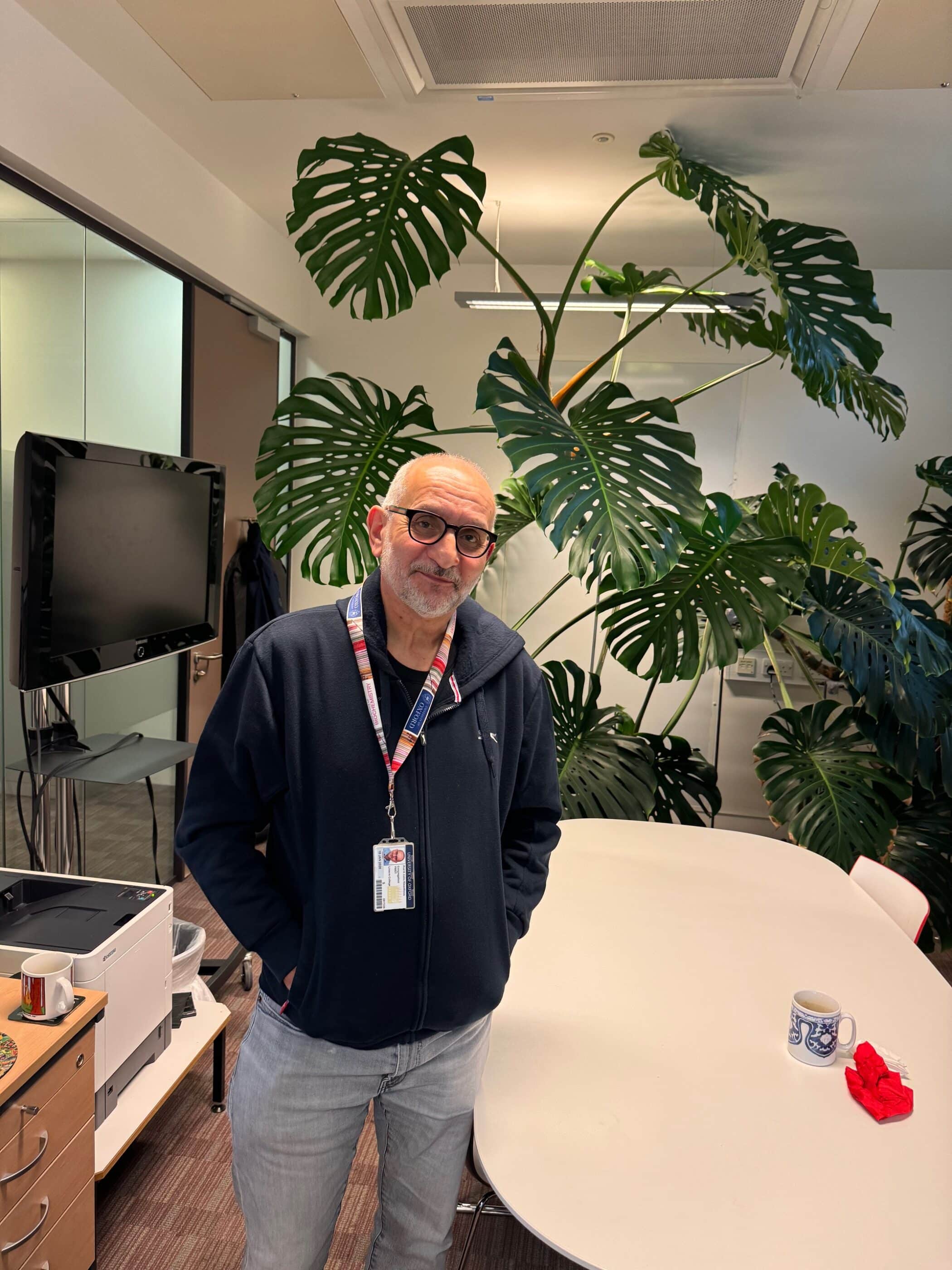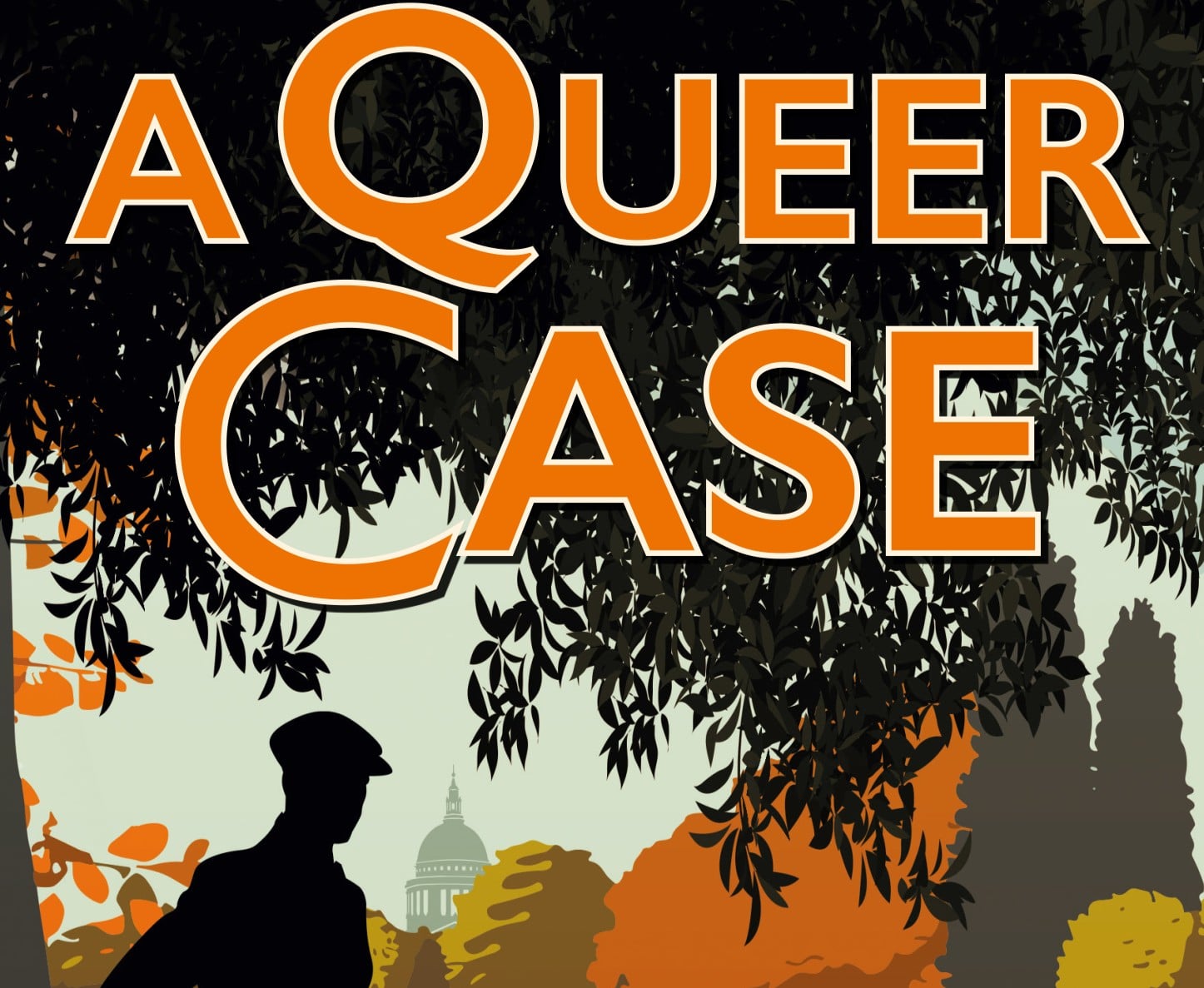The second ‘The Ways & Power of Love Seminar’ seminar was held in the Tanner Room at Linacre on Friday 19th May. The theme of this year’s seminar was ‘Love of Nature’.
The day began with an inspiring paper by the Cambridge theologian Professor, Richard Bauckham, entitled, ‘The Love of Nature and the Restoration of Creation’. Professor Bauckham’s paper explored medieval Christian traditions in which “the love of other creatures is connected with the restoration of the ideal relationships between humans and other creatures.” The medieval traditions of the Franciscan and Cistercian Religious can be a source of inspiration for developing a more holistic, less domineering relationship with Nature; and Professor Bauckham connected this at the end of his paper with contemporary concepts of the Rewilding movement.
Next up was Professor Matthew T. Lee of Harvard and Baylor Universities. Professor Lee has been heavily involved with a large, multi-year academic project in the US, “The Human Flourishing Project”, and he outlined the ways in which the research undertaken so far has established a very strong link between human flourishing and the flourishing of the natural world.
Following a buffet lunch, Dr Tim Middleton, University of Oxford, delivered an in-depth analysis and critique of the eco-theology of the theologian Sallie McFague. Professor Julian Hughes of Bristol University then delivered a very interesting paper on a neglected topic, “An Aesthetic approach to People with Dementia”. This was followed by an insightful paper from Professor Yudit Greenberg of Rollins University on Love of Nature across the world’s religious traditions.
Our final two papers of the day continued the eclectic multidisciplinary approach which is a signature of our Seminar. Professor Celia Deane-Drummond presented her recently published paper “Learning to Love Again: Rediscovering the Earth as Sacred”. Like Dr Tim Middleton, Professor Deane-Drummond originally trained as a scientist and her recently published paper looked at how indigenous cultures have retained a healthier relationship with the natural world than has the modern West. Indeed, the discussion throughout the day often returned to how the Early Modern Period marked the beginning of a more exploitative and unsustainable relationship with Nature.
The day’s final paper was delivered by Dr Timothy Howles of Oxford University, entitled “Conceptions of Love in Recent French Thought: Luc Ferry, Bruno Latour, Michael Serres” which bought a very international ending to the day’s academic proceedings. After a relaxing time spent in the Linacre gardens, the delegates then enjoyed a three-course meal in the Small Dining room, and a handful of whom also met up for lunch on Saturday at the rooftop restaurant at the Ashmolean.
Funding for this event was provided once again by “The Institute for Research on Unlimited Love”; and my thanks go again to my Seminar co-organisers, Professor Matthew T. Lee and Professor Stephen G Post.
Dr Stephen Bardle (2002)


















